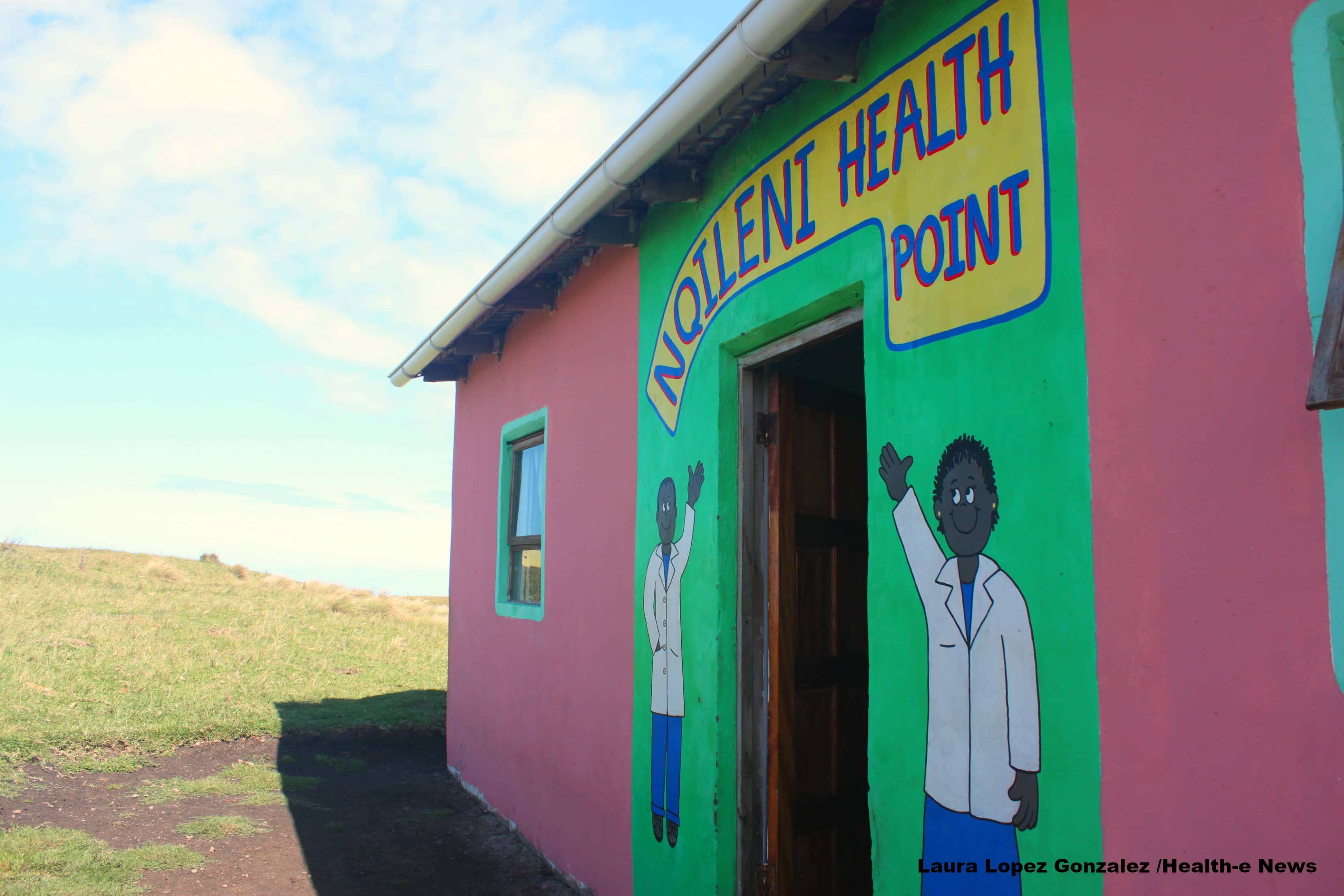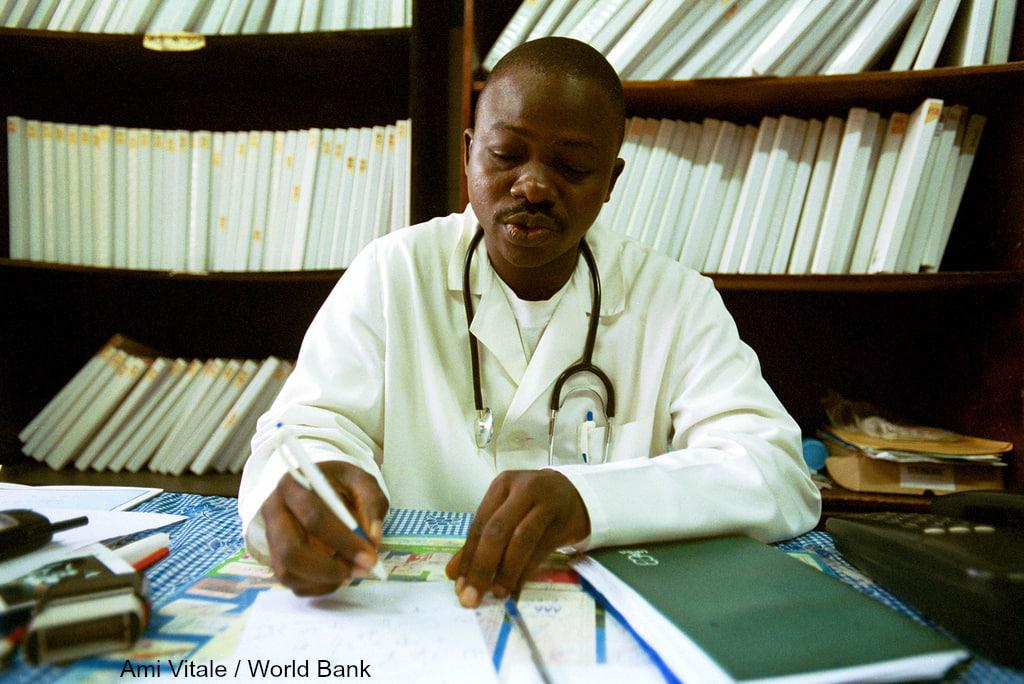Havoc for foreigners after DoH ‘mistake’

Last week it emerged that the Gauteng Department of Health (GDoH) issued a circular, backed by the NDoH, that instructed the reclassification of all non-South African citizens to “full paying patients”.
But when Health-e News contacted Dr Anban Pillay, deputy director general for National Health Insurance at the NDoH, he said senior officials including Minister of Health Dr Aaron Motsoaledi first caught wind of this communication (dated January 15 2019) last weekend.
Pillay said that the error has been traced to NDoH official Ursula le Roux, director of revenue management, who is responsible for sending out communication to provinces regarding the uniform patient fee schedule on an annual basis.
Thought it was a ‘good idea’
According to Pillay, Le Roux issued the communique “without the authority” necessary for such a substantial change for health policy and “misunderstood talks between government departments”. She then created the document because “she thought it was a good thing to do” but “it was her own interpretation and does not reflect any official version”.
The GDoH directive (dated February 20 2019) instructed that non-citizens must now “pay for all healthcare services including emergency treatment, confinement (maternity) and basic health services etc… The cost of services rendered must be paid up front”.
“This circular is hugely worrying because it is in contravention of both the Constitution and the National Health Act and even in contravention of the GDoH’s own existing policy,” said Professor Jo Vearey from the African Centre for Migration and Society at Wits.
Policy a threat to HIV success
She said one of the most concerning aspects included in the circular was the reference to “basic services” which includes the provision of HIV and tuberculosis (TB) treatment.
“If access to HIV and TB care is explicitly being removed it would constitute a public health disaster and goes beyond simply the right to health – which remains paramount – but has serious implications for controlling HIV across the whole region,” she said.
A Lancet Commission report published in December notes the need to prioritise migrant health in any discussion relating to universal health coverage.
It noted that extensive research has shown that migrants do not constitute a significant burden on health resources and that denying these groups access to health services undermines population-wide health.
‘Care for those who cared for us pre-1990’
Professor Steve Tollman, from Wits, who served as one of the 20 commissioners for the Lancet report noted: “Clearly, we want to take care of our citizens but clearly, we want to take care of others who cared for us pre-1990s. Resources are finite but the answer is simply not to reject those who are not ‘us’. Universal health coverage does not mean, ‘but not is you’re not one of us’.”
Despite being a mistake, many are worried about the implications of this messaging in terms of the treatment experienced by non-citizens in health facilities.
Pillay said Le Roux would be undergoing “a formal process” to “manage” the internal system so that “she doesn’t make this kind of error again”.
Pillay said the GDoH had been given an urgent instruction to retract the previous communication and that no other provincial departments had yet acted on the January document. – Health-e.
An edited version of this story was published by The Star
Author
Republish this article
This work is licensed under a Creative Commons Attribution-NoDerivatives 4.0 International License.
Unless otherwise noted, you can republish our articles for free under a Creative Commons license. Here’s what you need to know:
You have to credit Health-e News. In the byline, we prefer “Author Name, Publication.” At the top of the text of your story, include a line that reads: “This story was originally published by Health-e News.” You must link the word “Health-e News” to the original URL of the story.
You must include all of the links from our story, including our newsletter sign up link.
If you use canonical metadata, please use the Health-e News URL. For more information about canonical metadata, click here.
You can’t edit our material, except to reflect relative changes in time, location and editorial style. (For example, “yesterday” can be changed to “last week”)
You have no rights to sell, license, syndicate, or otherwise represent yourself as the authorized owner of our material to any third parties. This means that you cannot actively publish or submit our work for syndication to third party platforms or apps like Apple News or Google News. Health-e News understands that publishers cannot fully control when certain third parties automatically summarise or crawl content from publishers’ own sites.
You can’t republish our material wholesale, or automatically; you need to select stories to be republished individually.
If you share republished stories on social media, we’d appreciate being tagged in your posts. You can find us on Twitter @HealthENews, Instagram @healthenews, and Facebook Health-e News Service.
You can grab HTML code for our stories easily. Click on the Creative Commons logo on our stories. You’ll find it with the other share buttons.
If you have any other questions, contact info@health-e.org.za.
Havoc for foreigners after DoH ‘mistake’
by Amy Green, Health-e News
March 5, 2019



